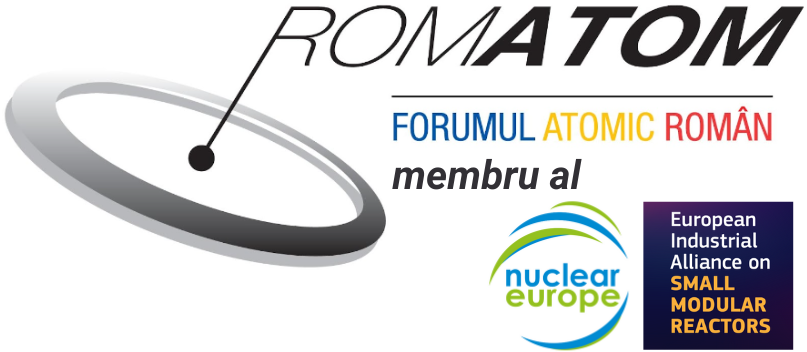Between April 12-16, 2016, within the European Geographic Student Association, EGEA, it took place East Regional Congress, organized by EGEA Bucharest.Congress, entitled ”Energy challenges and transitions”, Took place in Murighiol and enjoyed the presence of over 70 participants from 12 countries.
Scientifically, the Eastern Regional Congress of European Geographic Students has benefited from a rich program consisting of 5 workshops on energy, supported by students from different countries, but also two lectures: "Nuclear energy in Romania and the environment”, Presented by Moroșanu Gabriela and Irina Pîlșu, under the coordination of Romatom, respectively ”The challenge of our changing energy mix. What will happen to Romania? ”, Presented by Silvia Popescu, inginer Transelectrica.
As for the lecture ”Nuclear energy in Romania and the environment”, It took place on the afternoon of April 13 and lasted about 60 minutes. In the first half of the hour, relevant aspects of the history and significance of the Romanian Atomic Forum in Romania were presented, but also the reference terms related to the nuclear activity and the nuclear strategy in the medium and long term.
The conclusions of the first part, regarding the management of the radioactive waste and on the plans for the realization of units 3 and 4 of the Cernavoda nuclear power plant, were followed by an intense scientific debate, which addressed numerous facets of this type of energy:
- How "clean" can be nuclear energy compared to other types of energy
- What are the risks of increasing energy production from these sources
- What countries in Europe have nuclear energy programs and what their specific
- How can we increase confidence in this type of energy
- How nuclear energy interacts with the environment and what radioactive waste management consists of
- The yield and productivity of nuclear energy
- The future on the plane of nuclear energy in Romania
- Nuclear energy and climatic changes
The students participating in the debate were pleasantly surprised by the level of research in the nuclear field to which Romania is located and by the general positive and very skeptical perception of the current civil society regarding this form of energy.As expected, there were some students from Cenu countries developed a national energy-based energy plan, who argued the risks assumed by encouraging such an energy obtaining.However, towards the end of the debate, sufficient positive arguments have encouraged them to reconsider the benefits of nuclear energy.Also, foreign students appreciated the activity of the Romanian Atomic Forum and expressed regret that in all countries there are such organizations to support nuclear energy.
As a result of this debate and taking into account the information provided during the lecture, several workshops have finally included common energy policy with those in the field of atomic energy.
We appreciate as a whole an active participation of the students in the scientific activity scheduled in collaboration with Romatom and we believe that this presentation increased the visibility of the Romanian nuclear energy sector among young people and, further, in future academic debates.

